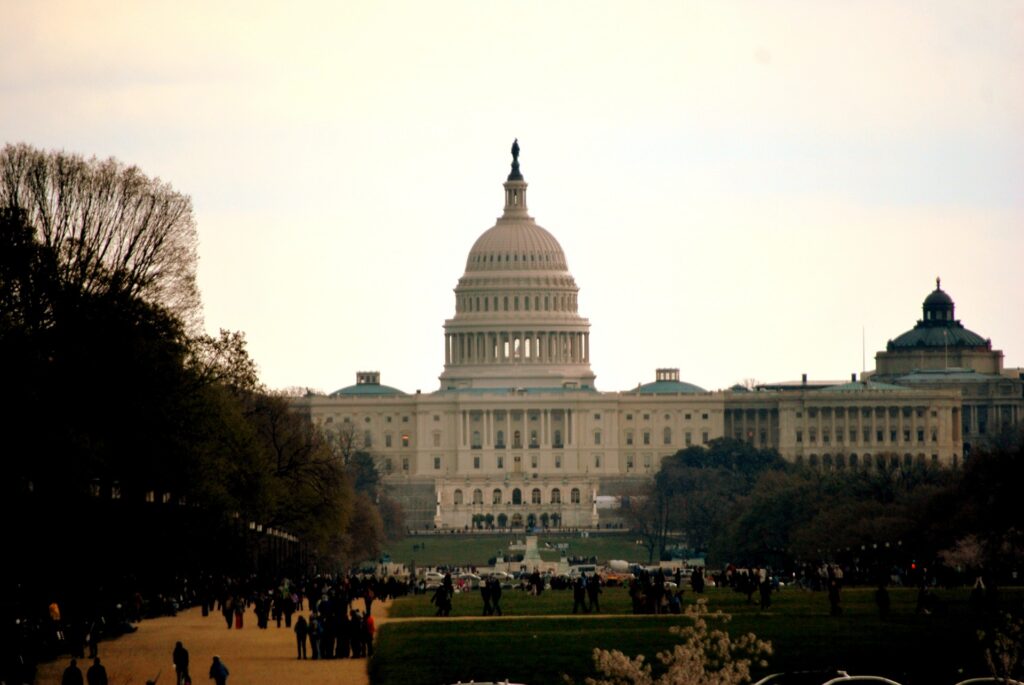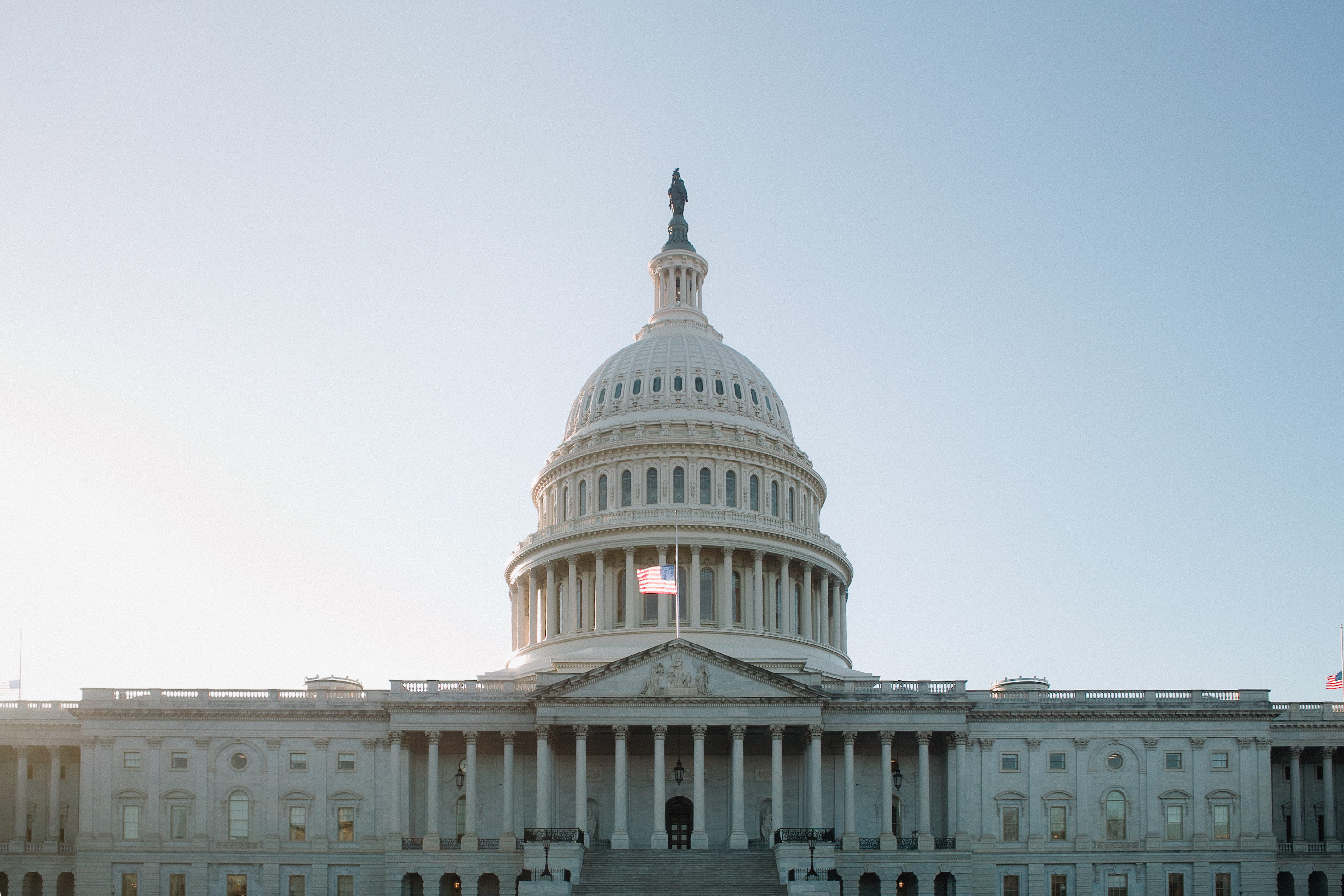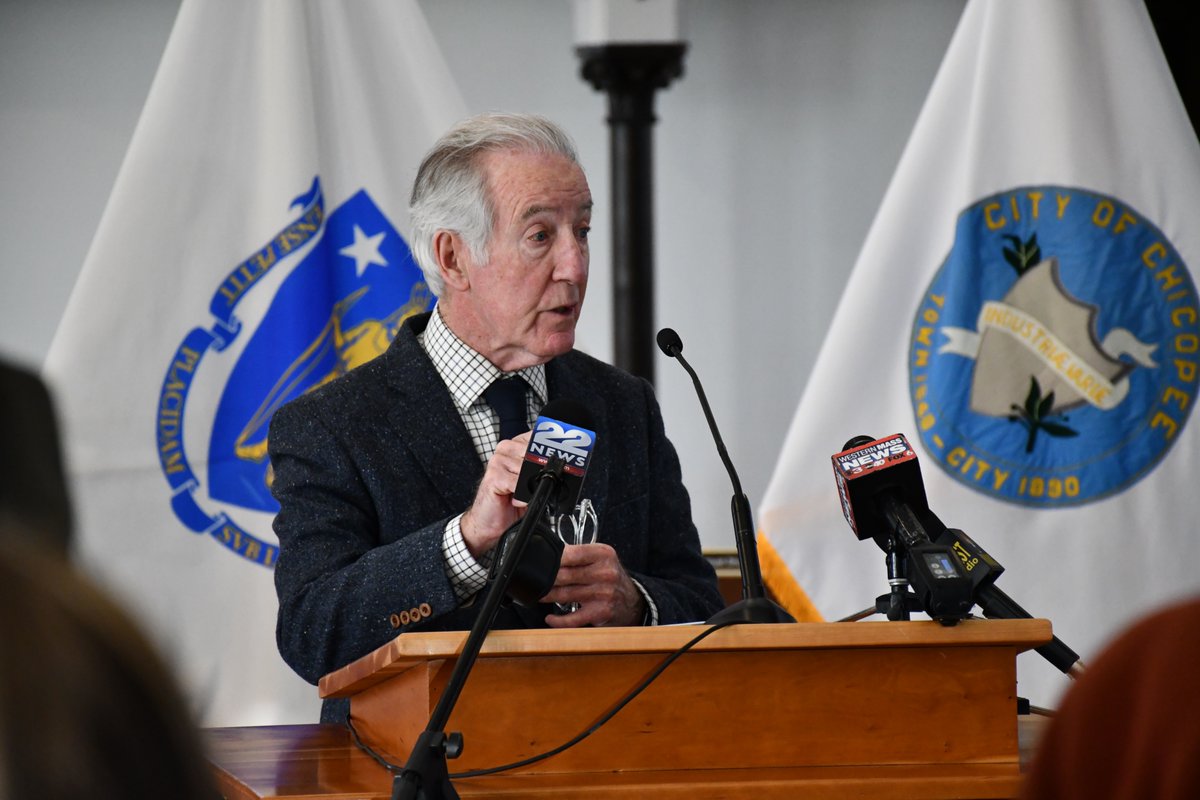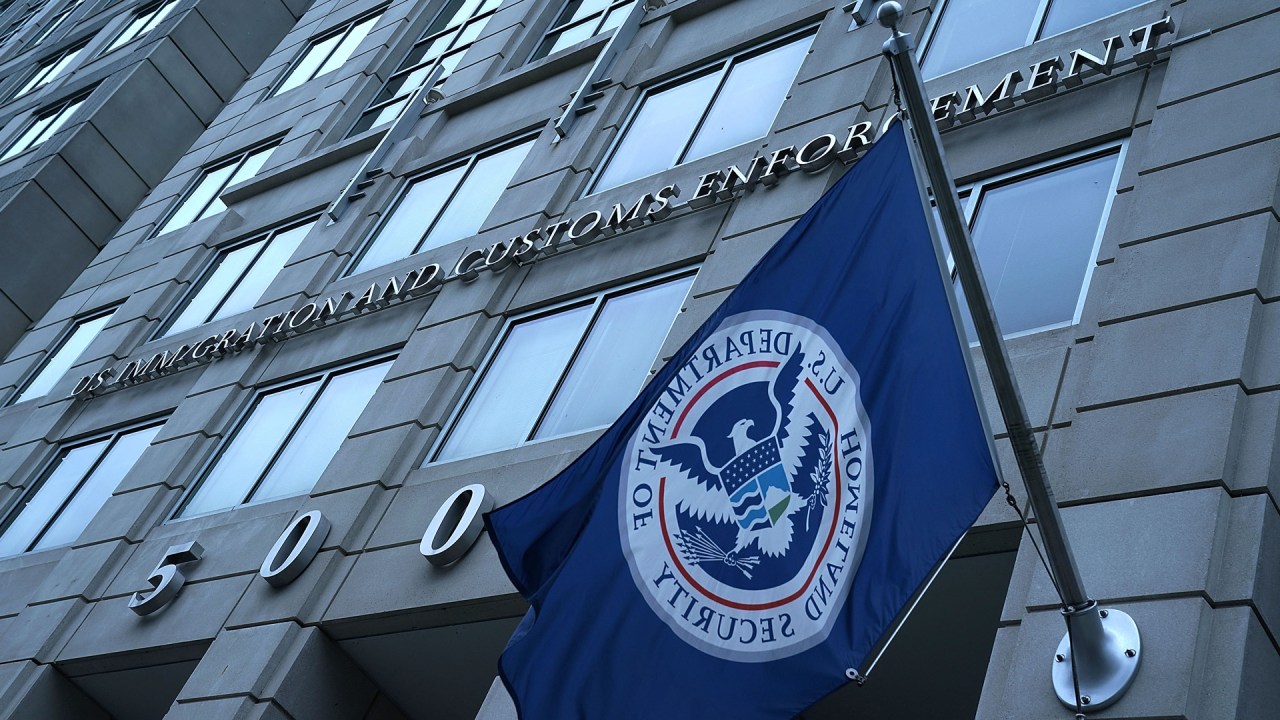Washington, DC
Massachusetts Congressman James P. McGovern (MA-02), Chairman of the House Rules Committee, is leading the state’s Congressional Delegation in a letter to the United States Department of Agriculture urging the Trump Administration to reconsider a proposed rule that would strip states of their flexibility to set “Standard Utility Allowances” (SUAs) based on local utility costs.
McGovern was joined by Senators Elizabeth Warren and Edward J. Markey, and Representatives Richard E. Neal (MA-01), Stephen F. Lynch (MA-08), William R. Keating (MA-09), Joseph P. Kennedy III (MA-04), Katherine M. Clark (MA-05), Seth Moulton (MA-06), Ayanna Pressley (MA-07), and Lori Trahan (MA-03).
The administration’s proposed rule would limit state SUA flexibility and disproportionately impact an estimated 200,000 Massachusetts families due to the high cost of utilities in the New England region – in particular natural gas, propane, and home heating oil.
This is the third rule the Trump Administration has proposed that would limit state flexibility and cut core nutrition benefits for Massachusetts residents. The Administration’s own analysis states that the net impact of this proposed change will cut $4.5 billion in nutrition dollars over the five-year period of 2021-2025.
Nationally, researchers have estimated that the health-related costs of food insecurity total to $160 billion each year—in Massachusetts alone, that amounts to $2.4 billion annually.
“Massachusetts will lose nearly 9 percent of its SNAP benefits annually, which translates into over $100 million annual nutrition dollars,” wrote the delegation in their letter to Secretary Sonny Perdue. “The Administration’s proposed rule on SUAs will have a disproportionately adverse effect on SNAP households that include an elder or disabled member as well as working families with children, triggering an average SNAP cut of nearly $45 per month. These are households that struggle not only with high cost-of-living and utility costs, but also expensive food costs and unreimbursed medical expenses while they struggle to remain in their homes and communities.”
The letter is available here.
##




